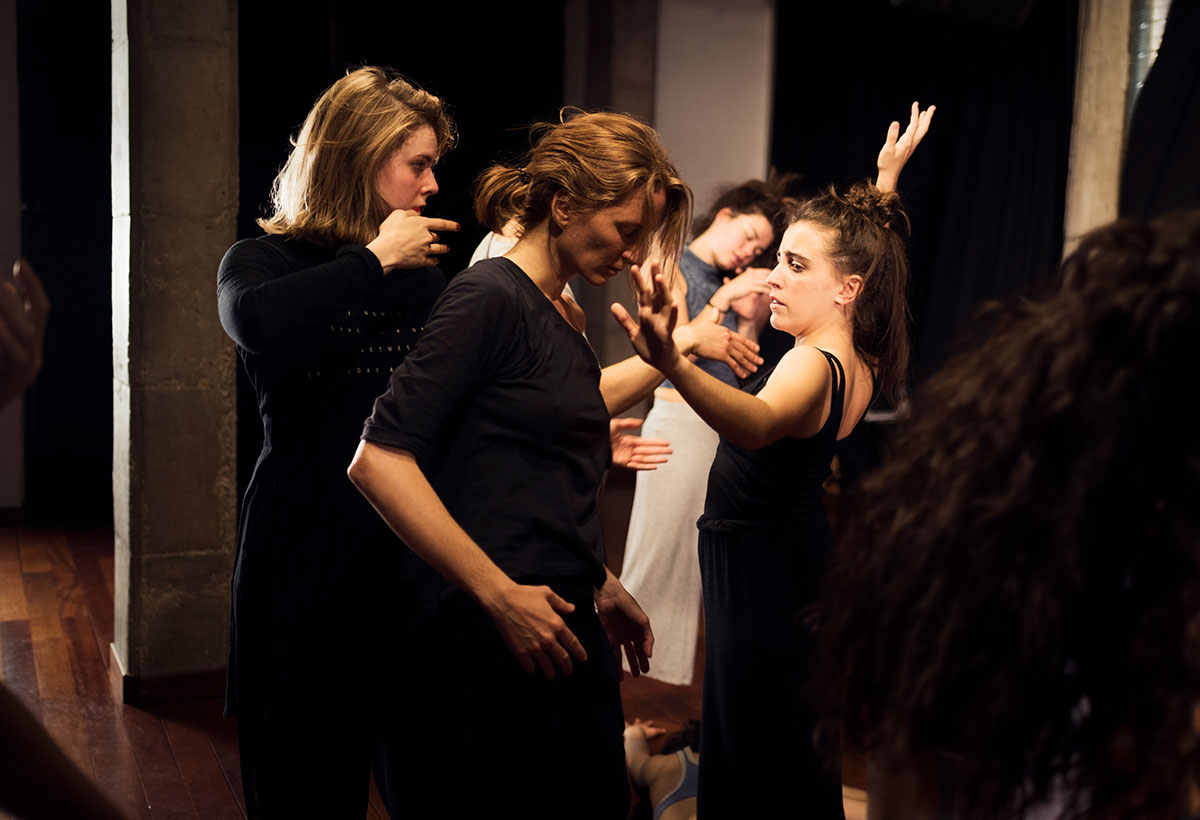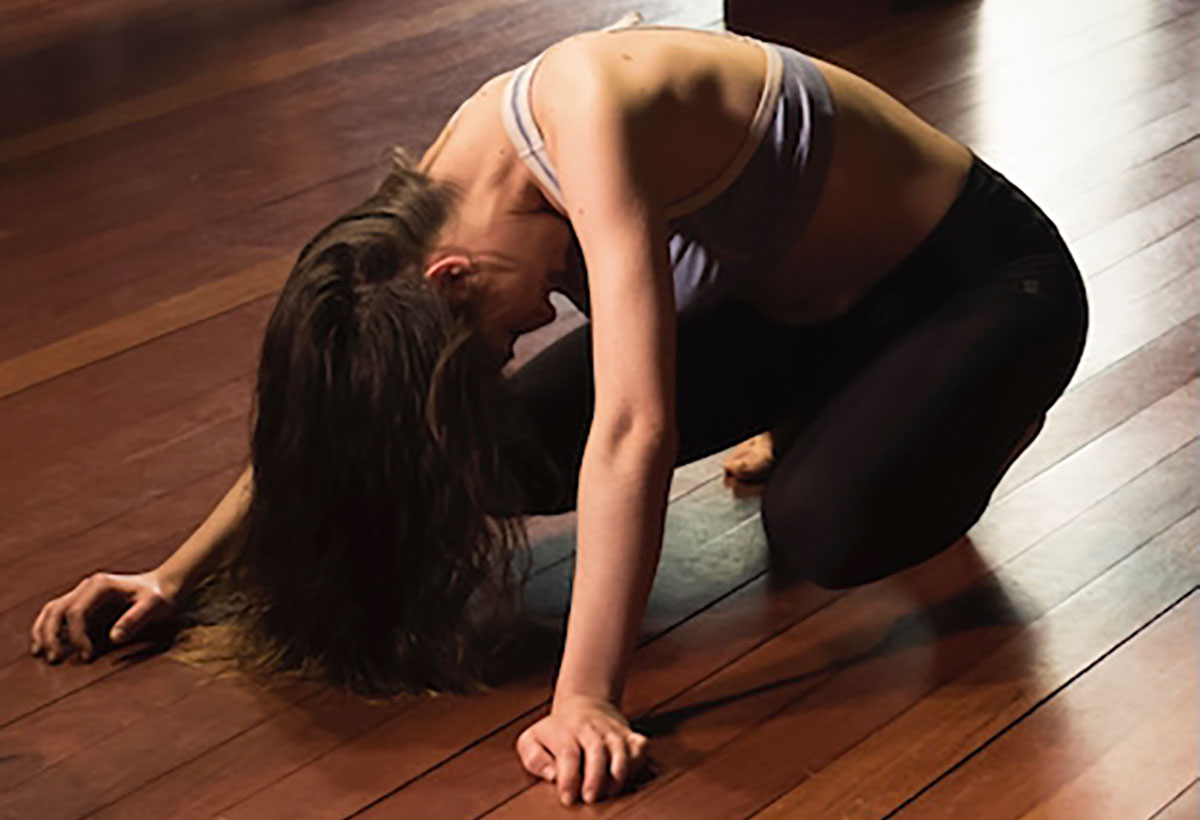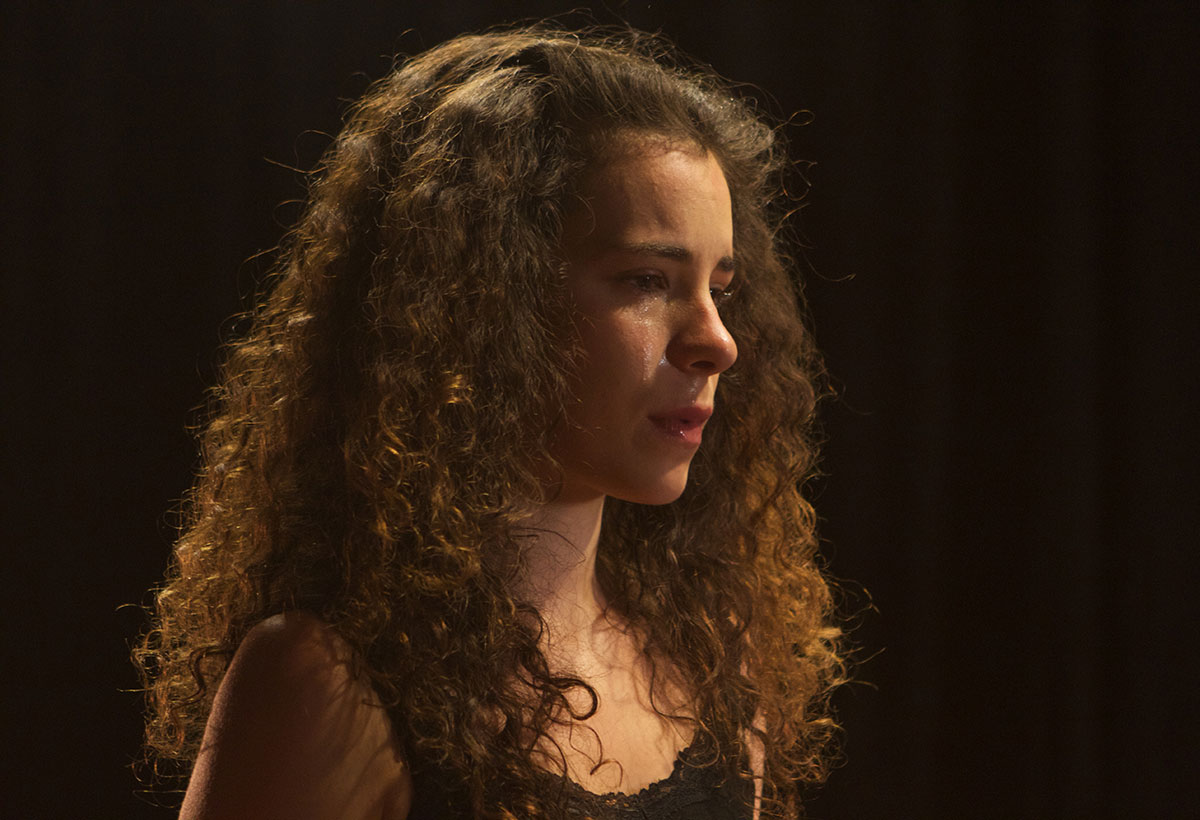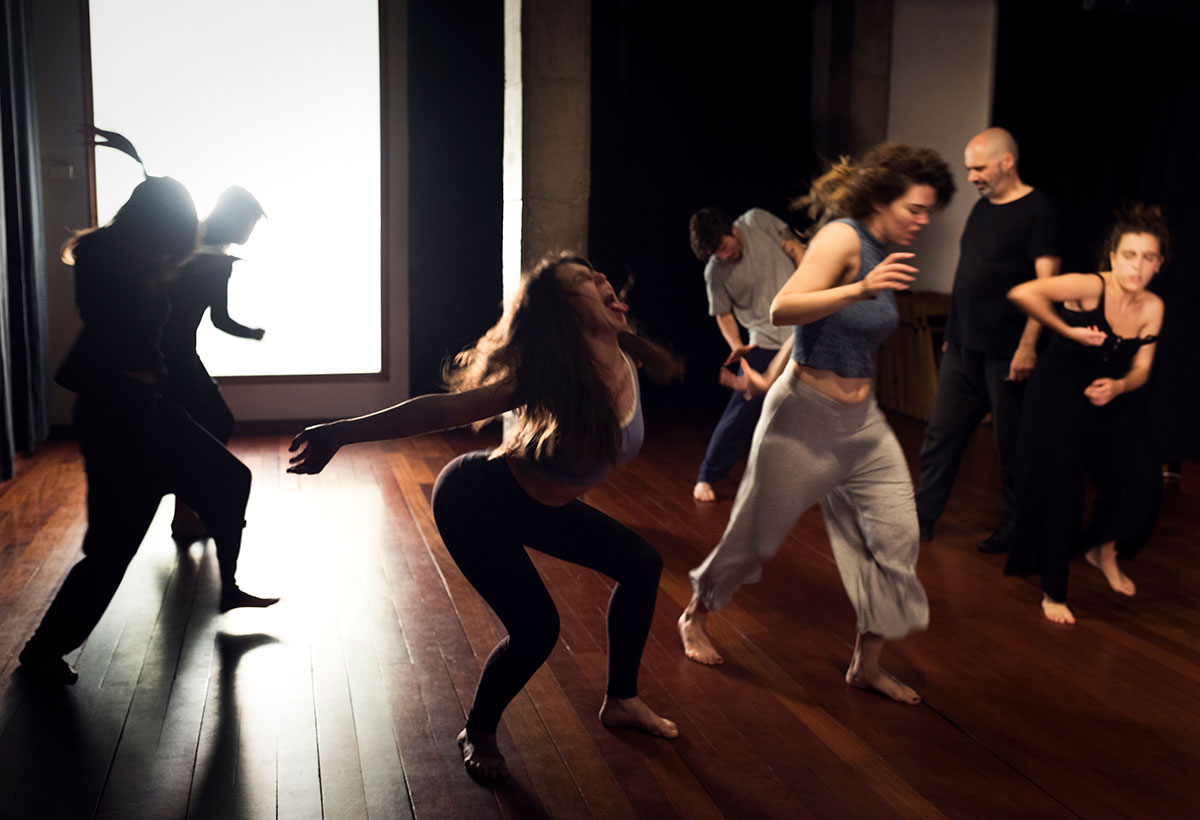(*)“Rehearsing a character is exactly the opposite of building it.
It means demolishing it, breaking down, one brick at a time, all the performer’s musculature, the ideas and inhibitions that stand between they and their roles, until one day, like a big burst of fresh air, the character invades all their pores.”
You rehearse and you take classes to find truth when playing characters.
But do you know how you train?. The key does not lie in spending longer working and rehearsing.
As you Expressive Pattern Analysis (Apex)* train, you make progress when you work better, when you see how you relate to the technique.
(*) “He who is content to express a single point of view, however strong it may be, will end up diminishing the whole.”
With Expressive Pattern Analysis_Apex* you learn to try out new ways to get far better results through your body.
Quotes: (*) Peter Brook (1987). The shifting point.
You rehearse and you take classes to find truth when playing characters.
But do you know how you train?. The key does not lie in spending longer working and rehearsing.
As you Expressive Pattern Analysis (Apex)* train, you make progress when you work better, when you see how you relate to the technique.
(*) “He who is content to express a single point of view, however strong it may be, will end up diminishing the whole.”
With Expressive Pattern Analysis_Apex* you learn to try out new ways to get far better results through your body.
Quotes: (*) Peter Brook (1987). The shifting point.
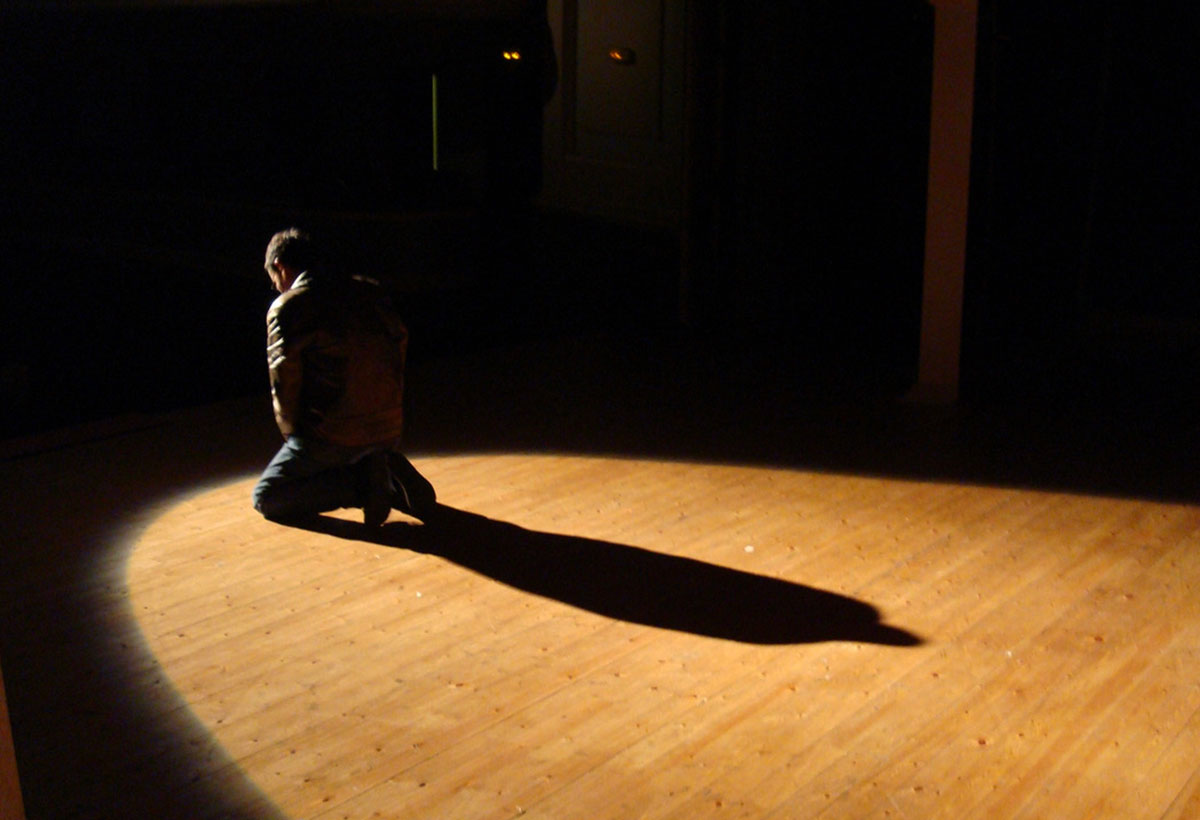
WHAT DO YOU SHARE WITH THE APEX* EXPRESSIVE PATTERN ANALYSIS?
“And I believe that something we share has to do with the importance of the actor’s instrument, of refining the instrument, of the work that must be done on the instrument.
And also, not to go one on top of the other, to be able to make what is happening to you part of the creative work, the work with the body.“
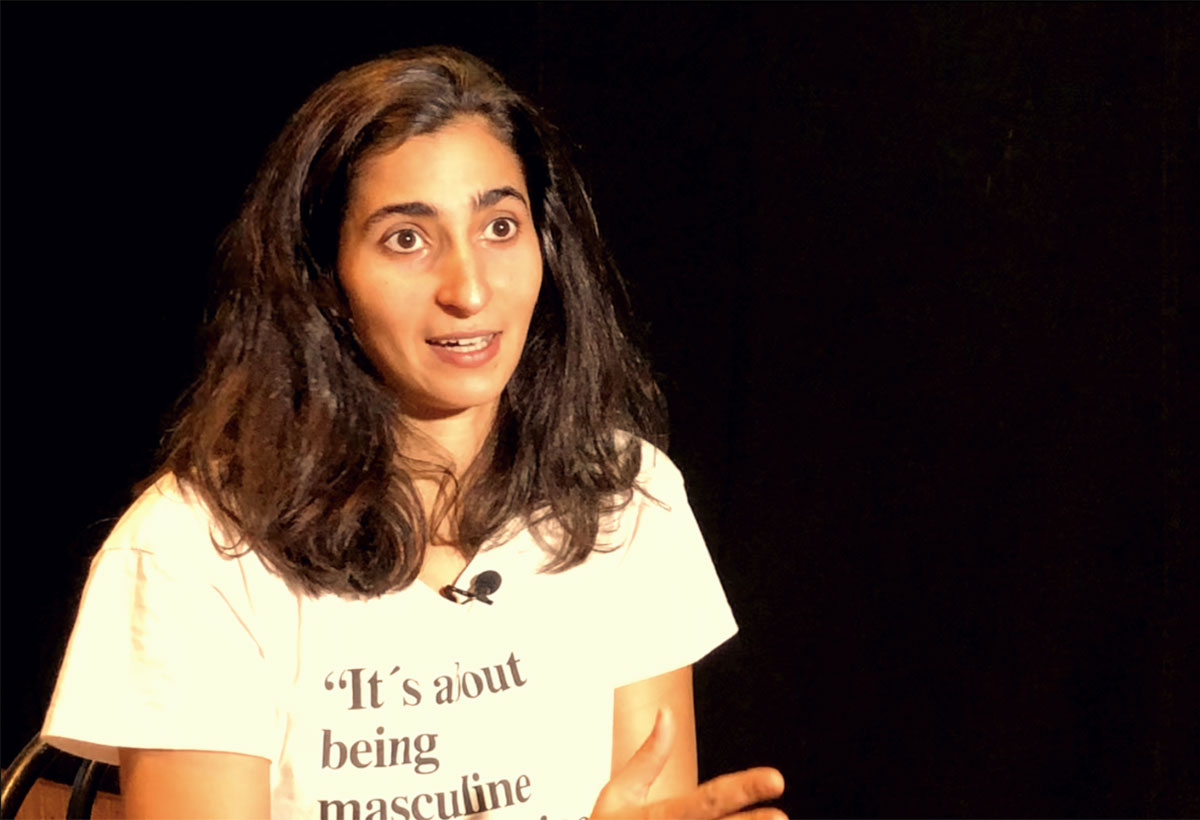
WHAT DO YOU SHARE WITH THE APEX* EXPRESSIVE PATTERN ANALYSIS?
“And I believe that something we share has to do with the importance of the actor’s instrument, of refining the instrument, of the work that must be done on the instrument.
And also, not to go one on top of the other, to be able to make what is happening to you part of the creative work, the work with the body.“
WHAT IS IT LIKE WORKING WITH APEX*?
“It is something you integrate with your body. To begin with, you already have your own pattern, the one you know about: the one you usually work with, the one you rehearse with…, you have it there. And in the end, it’s super-boring because you always do the same thing […].
I do what I know how to do, right? And, well, I don’t do everything else […] Then, starting to test out everything that I don’t do, well that is never-ending, […] and then start working on that and, indeed, it is surprising how easy and how useful it is.”
WHAT DID YOU FIND IN THE APEX* SPACE?
“Here I have found, above all, a lot of awareness, experimentation, emotional journeys, imaginative journeys, physical journeys, a lot of love, a lot of care, a lot of company on the way, a lot of listening…
[…] A lot of growth as a person and not only as an actress, but as an artist, as a creative being.”
HOW IS THE APEX* DIFFERENT FROM OTHER CLASSES?
“Perhaps in other classes it takes you longer to get it, but with Carlos, you learn fast.
[…] It is precisely because he doesn’t leave you stewing for three hours. No, after a couple of minutes he has already summed you up and knows that he has to do with you.”





